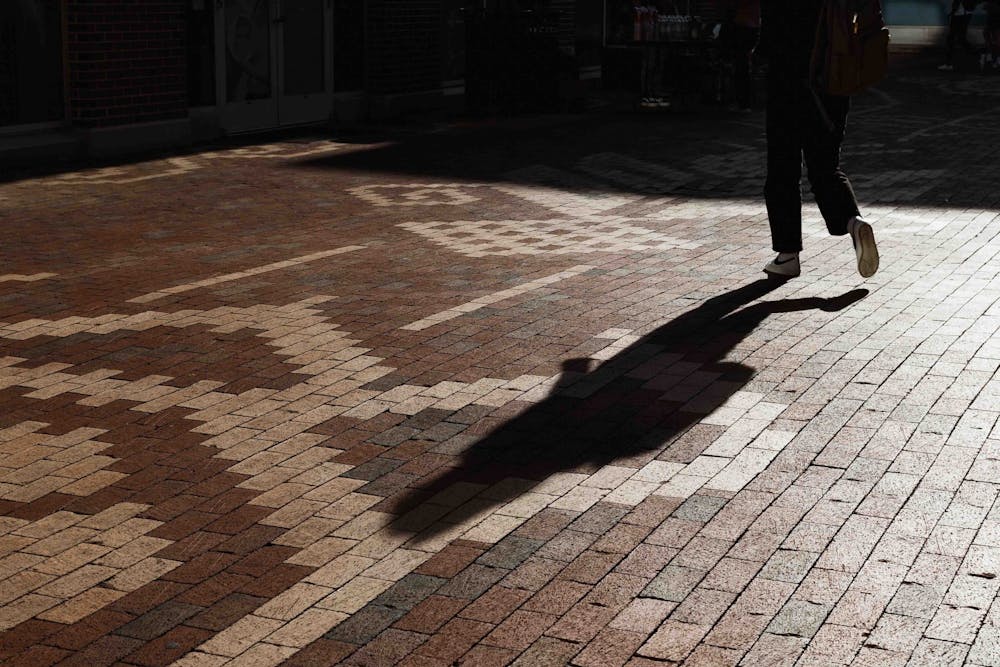In 1978, Congress passed the Indian Child Welfare Act (ICWA) to stop Indigenous children from being taken from their families.
According to the U.S. Department of the Interior's Bureau of Indian Affairs, “between 25 and 35 percent of all Indian children had been separated from their families and placed in adoptive homes, foster care, or institutions.”
Once forcibly removed and placed in nontribal homes, Indigenous children lost access to their community and culture — further eradicating tribal legacy and traditions. ICWA protects Indigenous children based on a set of federal standards and guidelines before rehoming. These standards reflect Indigenous cultural values and the interests of Indigenous tribes. Under the ICWA, tribes have jurisdiction over child-custody proceedings involving Indigenous children, according to the Bureau of Indian Affairs.
Since its passing, ICWA has assisted “tens of thousands of Indian children and families find fairness and healing in state child welfare systems,” per the Native American Rights Fund.
But Congress can do more.
Indigenous children are disproportionately removed from their homes at a consistently higher rate than other children. To make matters worse, the act continues to be inconsistently implemented across the U.S. — with some states offering different rights and protection than others.
In 2001, North Carolina legislation enacted § 143B-139.5A in collaboration with the Division of Social Services (DSS) and the Commission of Indian Affairs to improve outcomes for Native American children in North Carolina. This required DSS to work more closely with the Commission of Indian Affairs on Indian child welfare issues.
Additionally, new training was implemented for DSS social workers, alongside education on the significance of Native American culture and social and historical perspectives.
According to the official North Carolina Department of Administration website, the North Carolina Commission of Indian Affairs Child Welfare Program has continued educating state and local officials, tribal staff, social services employees and court employees working with Native American children affected by welfare issues, foster care, adoptions and commission by hosting in-service training webinars. The latest ones date back to October 2021.




